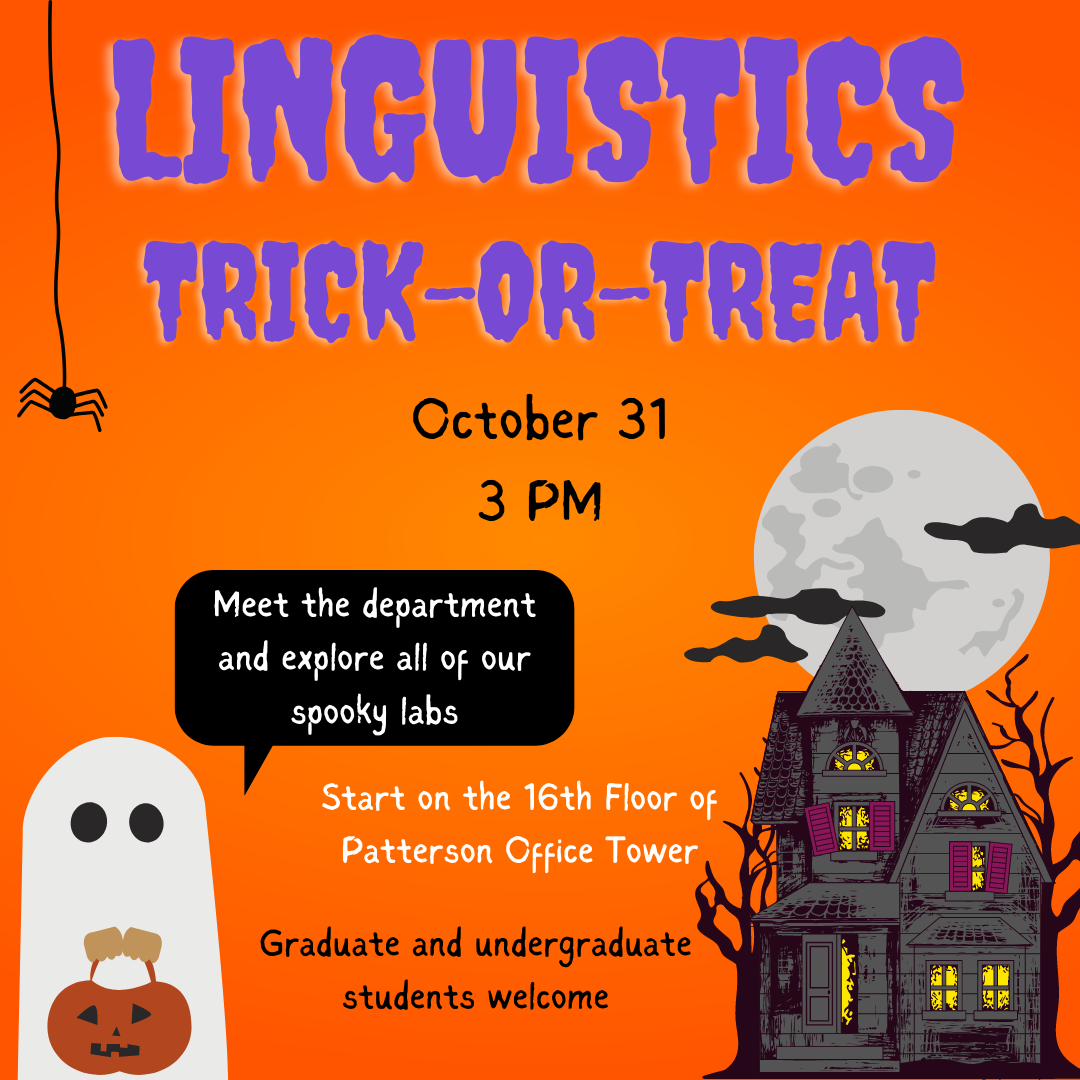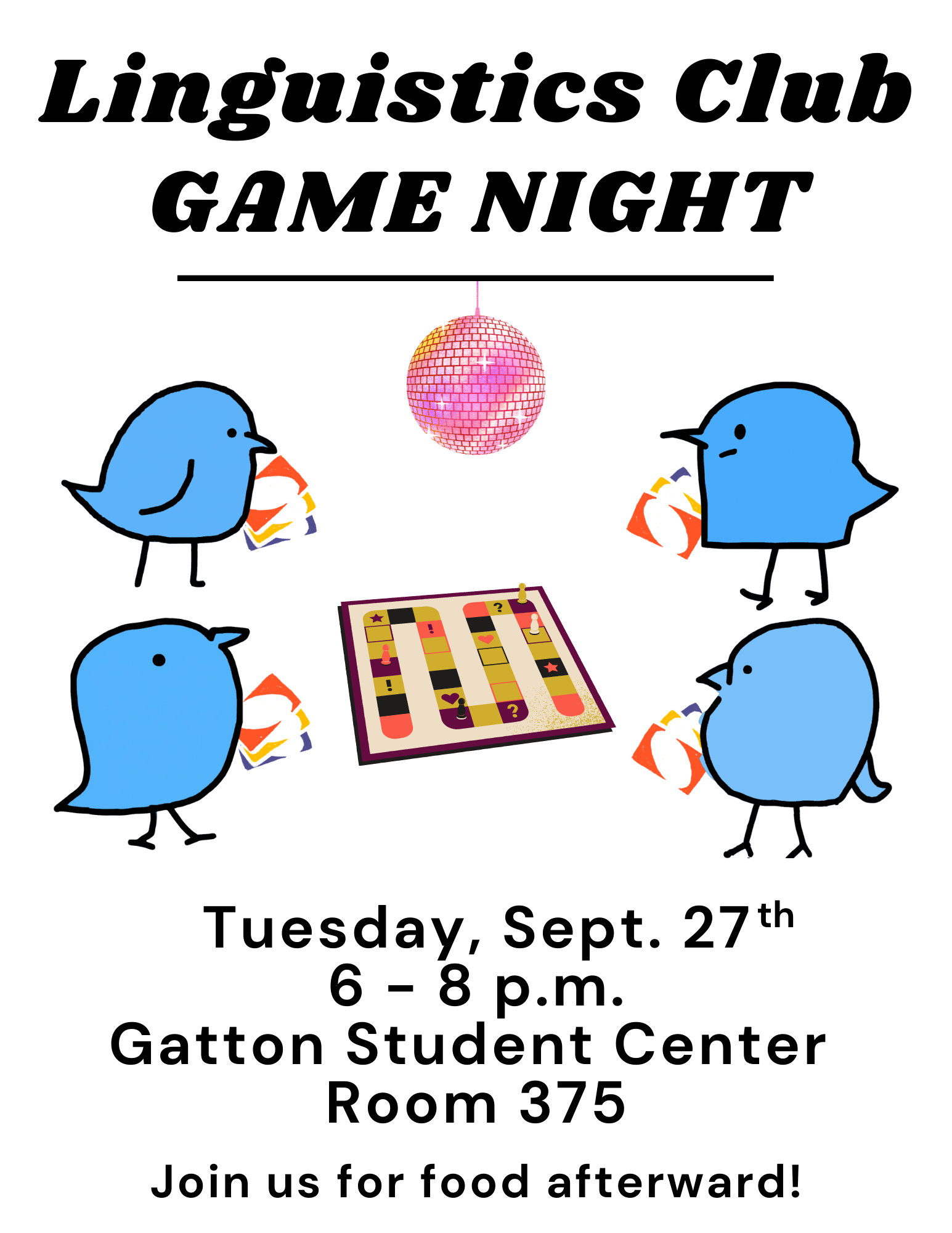Curiosity Fair
The Curiosity Fair at UK is an annual, community event that highlights the role of curiosity in education. Faculty, staff and students create “Curiosity Stations” or short demos that represent ideas from their classes, fields or research. There is always a wide variety of disciplines, and the event is an informal and fun way for participants to engage with new people and ideas.
For more information about the fair go to: http://curiosity.uky.edu.
If you would like to attend, you can register here.
Contact Hannah Ruehl at hru223@uky.edu or Beth Kraemer at kraemer@uky.edu for more information.
Kentucky Signature Industries Career Fair
Register to attend: https://students.ca.uky.edu/KY-signature-industries
The Stuckert Career Center offers in-person and virtual services! Make an appointment! Students can access information about the fairs 24/7. They have resources to help students prepare for the fairs (articles, prep sessions, and videos), click to find out more!
Business, Communications, Liberal Arts and All Majors Career Fair
Register to attend: https://uky.joinhandshake.com/career_fairs/32834/student_preview?token=…
The Stuckert Career Center offers in-person and virtual services! Make an appointment! Students can access information about the fairs 24/7. They have resources to help students prepare for the fairs (articles, prep sessions, and videos), click to find out more!
Engineering, Computer Science & STEM Career Fair
Register to attend: https://www.uky.edu/careercenter/egr_career_fair
12 PM to 4 PM: Engineering and Computer Science
5:30 PM to 8 PM: Civil/Infrastructure/Biosystems Engineering and related non-engineering STEM
The Stuckert Career Center offers in-person and virtual services! Make an appointment! Students can access information about the fairs 24/7. They have resources to help students prepare for the fairs (articles, prep sessions, and videos), click to find out more!
LGSA Reading Group
Article name: ‘Where all my bad girls at?’: Cosmopolitan femininity through racialised appropriations in K-pop (2021)
Tags: performance, gender and race, chronotopes
Author: Joyhanna Yoo Garza
Est. reading time: 15-25 mins.
Central Kentucky Linguistics Conference (CKLiC)
Go to the CKLiC website for more information: https://sites.google.com/view/cklic2023/home
Registration closed.
*Registration is required for all attendees.
A&S Students Chosen to Study Abroad on Gilman Scholarship
By Whitney Hale
LEXINGTON, Ky. (Aug. 23, 2022) — University of Kentucky College of Arts & Sciences students have received Benjamin A. Gilman International Scholarships to support their education abroad goals.
Colloquium Speaker: Dr. Katie Carmichael
Title: What’s in a name?: Research questions and Researcher questions about Creole New Orleanians
Abstract:
As part of a broader project examining language variation and change in post-Katrina Greater New Orleans, I report on preliminary results of linguistic analysis with a focus on the methodological conundrum of how to study ethnic identity in New Orleans. Ethnicity in New Orleans has always been fluid and complex, tracing back to colonial times when a tripartite social division of major ethnic groups existed – Free Europeans, Enslaved Africans, and Free People of Color (Campanella 2006). And indeed, New Orleans historically had a large population of Free People of Color compared to elsewhere in the American South. Over time, this population acquired intergenerational wealth and privilege that set them aside as an elite—and sometimes insular—ethno-cultural group which came to be known as Creoles (Brasseaux 2005). In current times, the term ‘Creole’ is contested. Some locals define Creoleness based on phenotypical features such as skin tone or hair texture, while others consider it a linguistic or cultural label, and still others refuse the legitimacy of this label entirely. Via quantitative and qualitative analysis, I shed light on a situation in which language change and social change appear to be progressing in tandem, posing questions about how to encode varied definitions – as well as varying individual stances towards those definitions – of ethnic identities in variationist research. In doing so, I build upon prior research on the linguistic expression of complex and multiracial identities (cf Holliday 2019; Bissell & Wolfram 2022) as well as work centered on methodological considerations in coding ethnicity (cf. Hall-Lew & Wong 2014; Nagy, Chociej, & Hoffman 2014).
https://liberalarts.vt.edu/departments-and-schools/department-of-englis…


